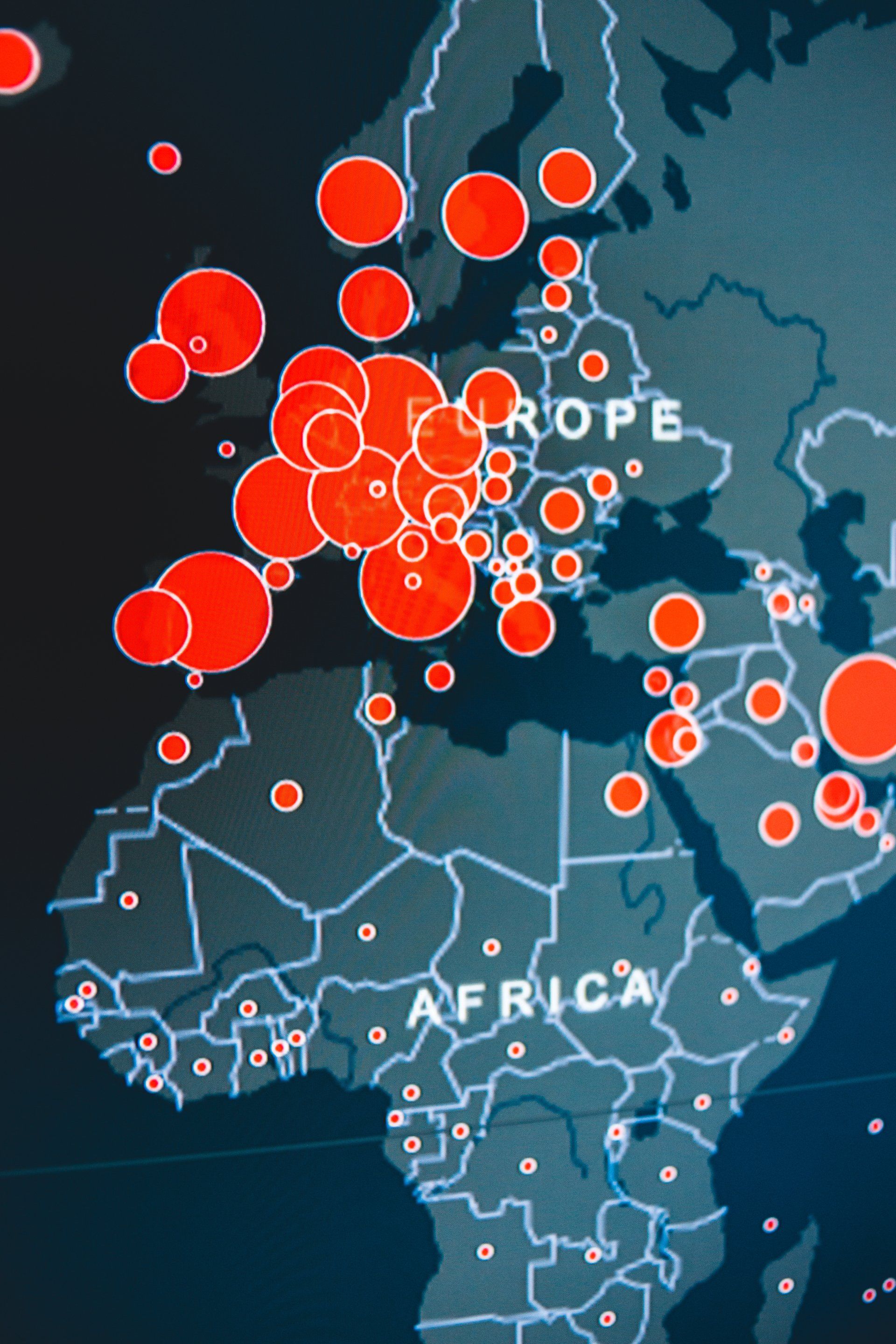Phone: +1 323 323-3333
Email: info@conekto.com
Digitalized Payment Options Reduce African Financial Challenges
Millions of Africans across the continent are currently grappling with considerable challenges when it comes to accessing financial institutions that can provide them with the necessary tools to securely handle their funds. The lack of access to these essential facilities often leaves citizens vulnerable to potential theft or mismanagement of their hard-earned money. Moreover, the absence of such institutions also prevents individuals from establishing savings accounts that could provide them with a much-needed safety net during times of economic recession.
In addition to the aforementioned difficulties, many Africans who are fortunate enough to have access to financial services often face significant obstacles such as long travel distances and exorbitant transactional fees. These hindrances not only make it inconvenient for individuals to access their funds but also place an unnecessary burden on their financial well-being. Furthermore, the means through which these individuals transfer money to their distant family and friends are often unreliable and susceptible to mishandling, further exacerbating the issue.
However, the advent of mobile wallets has emerged as a powerful tool in leveling the economic playing field by reducing financial inequality. This innovative technology, which is accessible to a massive proportion of Africa's population, has the potential to significantly improve the livelihoods of residents across the continent. By offering a secure and convenient platform for individuals to store and manage their funds, mobile wallets provide an unprecedented level of financial security for millions of Africans.
Moreover, mobile wallets also enable individuals to establish savings accounts, thereby empowering them to protect themselves against the uncertainties of economic downturns. This newfound ability to save and accumulate wealth helps individuals build a solid foundation for their future, ensuring that they are better equipped to weather any financial storms that may come their way.
Additionally, mobile wallets offer valuable interest-generating bank programs that allow individuals to grow their wealth over time. By providing access to these programs, mobile wallets empower Africans to take control of their financial futures and seize opportunities for economic growth.
Overall, the widespread availability and accessibility of mobile wallets have the potential to transform the financial landscape of Africa. By addressing the longstanding barriers that have hindered financial inclusion for millions of Africans, mobile wallets are revolutionizing the way individuals manage their money, offering them unprecedented security and opportunities for economic growth. In doing so, these technological advancements are helping to bridge the gap between the privileged few who have traditionally enjoyed financial services and the millions who have been left behind.








